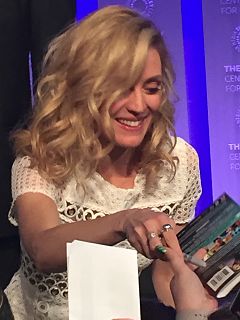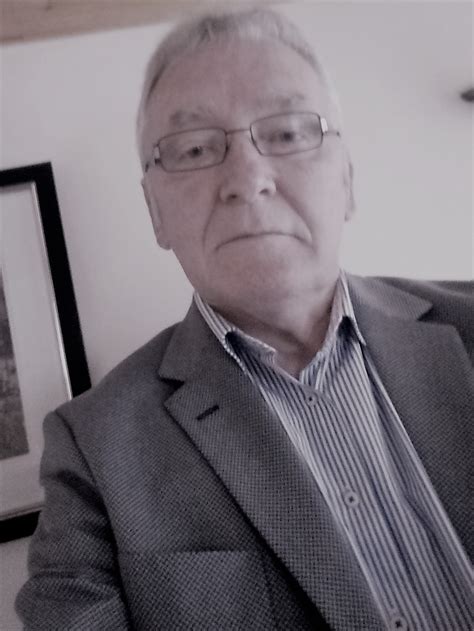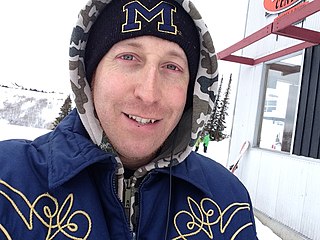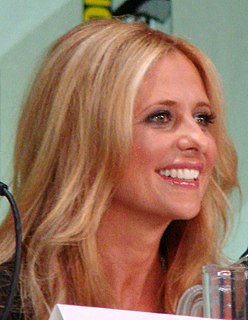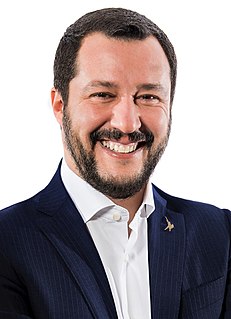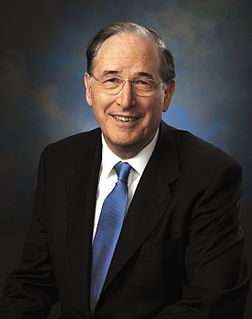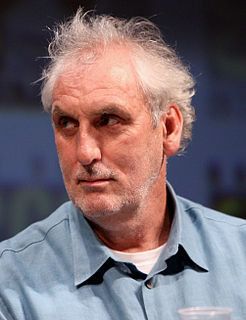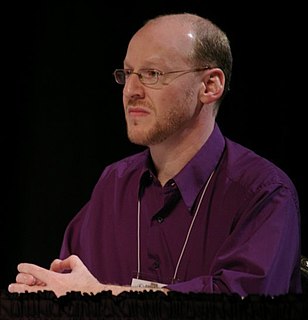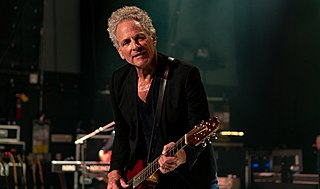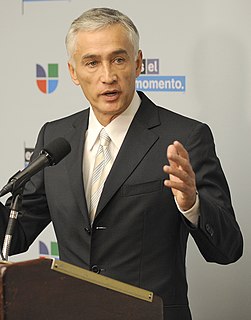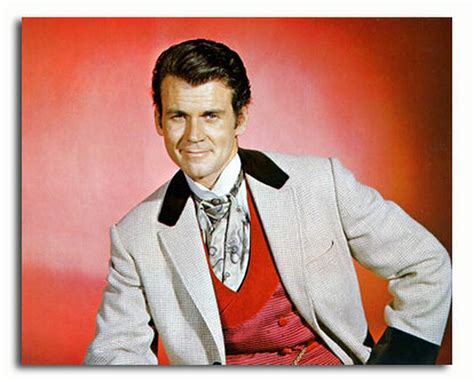Top 1200 Asking Yourself Questions Quotes & Sayings - Page 17
Explore popular Asking Yourself Questions quotes.
Last updated on November 19, 2024.
Once you have established yourself as a center of love and kindness radiating throughout your being, which amounts to a cradling of yourself in loving kindness and acceptance, you can dwell here indefinitely, drinking at this fount, bathing it in, renewing yourself, nourishing yourself, enlivening yourself. This can be a profoundly healing practice for body and soul.
Sometimes I'll say, "I wrote that book," and the person will look at you as if you're really strange. One time that happened to my daughter on a plane. She was sitting next to a girl who was reading one of my books and my daughter said, "My mother wrote that book." And the girl started to quiz my daughter, asking her all sorts of questions, like what are the names of Judy's children and where did she grow up. My daughter thought it was so funny.
As with many metaphysical and religious questions, Kant thinks they lie beyond our power to answer them. If you can't stand the frustration involved in accepting this, and insist on finding some more stable position which affords you peace of mind and intellectual self-complacency, then you will find Kant's position "problematic" in the sense that you can't bring yourself to accept it. You may try to kid yourself into accepting either some naturalistic deflationary answer to the problem or some dishonest supernaturalist answer.
I believe we are a species with amnesia, I think we have forgotten our roots and our origins. I think we are quite lost in many ways. And we live in a society that invests huge amounts of money and vast quantities of energy in ensuring that we all stay lost. A society that invests in creating unconsciousness, which invests in keeping people asleep so that we are just passive consumers or products and not really asking any of the questions.
I think part of the disappointing failure of the political process in America today is that it's asking us to forget countries' historic connections to other countries, or to the laws that have been made. They're willfully asking people to forget their country's history, and focus only on the present. It's bizarre.
Dealing with all the questions once the book is out and unchangeable, forces you to permanently give opinions about - in this case - sensible, challenging topics that you are basically only half the expert you would have to be if you wanted to explain yourself in a trustworthy, intelligent and helpful manner.
I was the type of person who was the question-asker. And not just genuine questions, I would ask a question so the author would know how much I knew about them. Once I went to a Tobias Wolff reading. I knew he was teaching at Syracuse at that time. And so, I remember asking him how he liked Syracuse. People do that to me now and it's okay. There is rarely a time when I just have had enough.
There's no necessary connection between maximizing social utility or economic wealth and creating a flourishing democracy. The first does not guarantee the second. The only way to create a flourishing democracy is to find ways to reason together about the big questions, including hard questions about justice and the common good, to reason together about these questions so that we as citizens can decide how to shape the forces that govern our lives.
Here's the acid test for appropriateness: Pretend that someone near and dear to you is witnessing what you are writing or sending, or knows what you are thinking about sending. If, say, your partner saw this behavior, how would he or she feel? That you are asking yourself this question could mean that you shouldn't be doing it!
Recipe for success: Be polite, prepare yourself for whatever you are asked to do, keep yourself tidy, be cheerful, don't be envious, be honest with yourself so you will be honest with others, be helpful, interest yourself in your job, don't pity yourself, be quick to praise, be loyal to your friends, avoid prejudices, be independent, interest yourself in politics, and read the newspapers.
Like all Xhosa children, I acquired knowledge mainly through observation. We were meant to learn through imitation and emulation, not through questions. When I first visited the homes of whites, I was often dumbfounded by the number and nature of questions that children asked of their parents-and their parents' unfailing willingness to answer them. In my household, questions were considered a nuisance; adults imparted information as they considered necessary.



